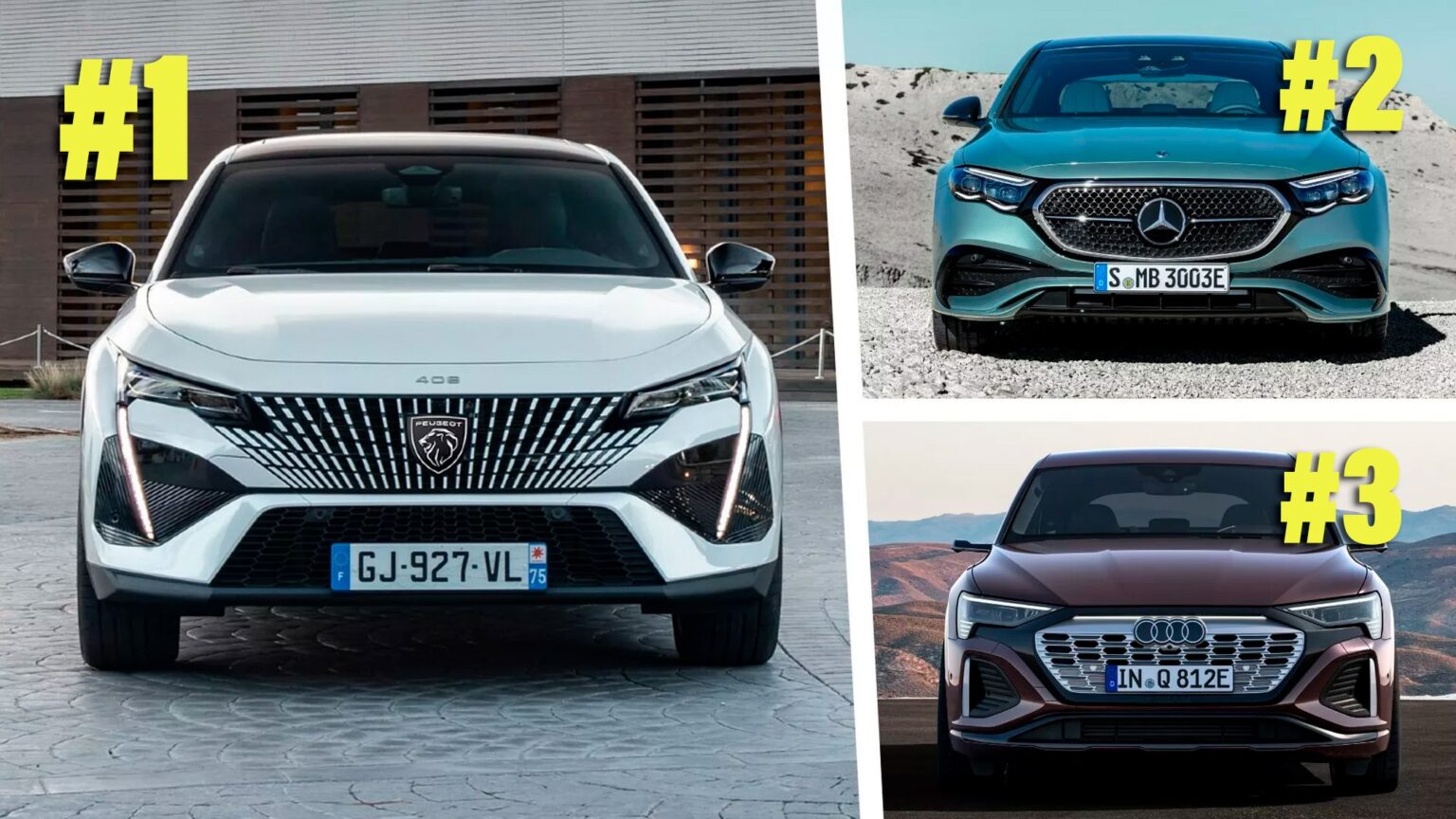
Which car is better: French or German?
France and Germany are the countries that produce the world’s most popular car brands. The best automobile brands compete with each other for leading positions in the world sales rankings. Both German and French cars have their fans. In this article we will try to understand which cars are better – French or German.
Peculiarities of the French automotive industry
The automotive industry is one of the most important sectors of the French economy. More than 200 thousand people are involved in this sphere, automobiles account for 9.5% of all exports and about 9% of the country’s imports. The largest car manufacturers of France pay great attention to the development of the domestic market as an important direction of their activities. About 80% of all motor vehicles produced in France are sold on foreign markets. In order to develop and increase competitiveness, French automobile manufacturers open production facilities in other countries.
Recently, the secondary market of motor vehicles has also reached a new level of development. Drivers from different European countries choose a model they like in an online catalog and arrange for its transportation to their country. To insure their purchase, they can check the VIN code of a car from France using a special service.
The most popular French car brands
The most famous and well-selling cars around the world introduced by France:
- Renault is a brand that is part of the Nissan concern. It is known for its productive, reliable engines, which are used even in some models of German Mercedes. Renault holds a large share of the budget car market in Europe.
- Citroen – offers consumers a wide range of practical passenger cars, trucks. The brand is also well known for its sporty models.
- Bugatti – officially this brand belongs to the Volkswagen automobile concern and specializes in the production of premium cars.
- Peugeot is one of the largest and most popular French automakers. At the moment, the share of its commercial passenger cars in the European market is 18%. At the same time, the brand is also actively developing the production of ecological cars.
Advantages of French cars
The French have good taste and this is reflected in everything they do. French cars get exquisite design, strong body with good, corrosion-resistant paintwork. Car owners and mechanics say that French cars are difficult to repair, because to fix one problem sometimes you have to disassemble the whole engine. However, you most likely will not have to do this, because cars made in France are reliable, durable and have a long working life.
Features of the German car industry
Germany is not just the birthplace of the automobile, but also the cradle of the global automotive industry. Germany established itself as a leader in the global market back in the 1950s, and it is still among the top four, competing with Japan, China, and the United States. The German automobile industry employs at least 800,000 people.
Germany’s most popular cars
German cars need no introduction. But we will give you a list of the most famous and popular German car brands:
- Mercedes-Benz. Germany’s oldest brand. The company produces business and premium class passenger cars, light and large trucks, and passenger vehicles.
- Audi. The brand is a part of the Volkswagen automobile concern and produces a variety of middle and premium class models for the world market, which meet the demand of buyers with any needs and budget.
- BMW. An iconic German brand. Its good cars and luxury motorcycles are known all over the world.
- Opel. The brand has been owned by France’s PSA since 2017. It is mainly focused on the budget segment.
- Volkswagen. German car brand with character. It offers a huge range of vehicles from small compact cars to passenger vans.
- Porsche. It is well known as a manufacturer of sports cars and premium class cars. The cars of this brand are considered the most profitable (the highest income from the sale of one unit) and the most reliable.
Advantages of German cars
The main pros of autos made in Germany:
- reliability;
- safety;
- flawlessness in every line and every detail;
- quality;
- high level of service.
Which car to choose – German or French?
Let’s compare cars from Germany and France on the main parameters of choice:
- Cost.
French brands produce mainly middle and budget class models (except for Bugatti). German cars both in terms of class and cost occupy higher positions. So in the “affordable price” category, French cars are the best.
- Cost of operation and maintenance features.
Buying a car is only the first investment. In the future, the owner needs to include in his family budget a permanent item of expenses for maintenance and use of the car. Premium segment cars by default cost the owner a lot of money. As for other cars, the cheapest repair will be the French Renault (cheap and available components). But at the same time more expensive in price and spare parts German BMW or Mercedes-Benz are not less favorable in maintenance, simply because they have the property not to break down at all for many years of operation. So it’s a tie here.
- Characteristic faults.
The weak point of French cars is the suspension. “The Germans are beyond competition in this respect. Only inexpensive Opel may have problems. As for the engine and transmission, there are usually no problems, neither in expensive German Volkswagen, nor in budget French Peugeot and Renault. German engines are so reliable and enduring that in professional circles they are even called “million-engines” – capable of working properly with a mileage of millions of kilometers.
When choosing a car, you should not rely on other people’s recommendations. Each driver should independently assess the possibilities, calculate the budget, determine for himself the key characteristics and requirements for the car, and already based on them to look for the best option.











